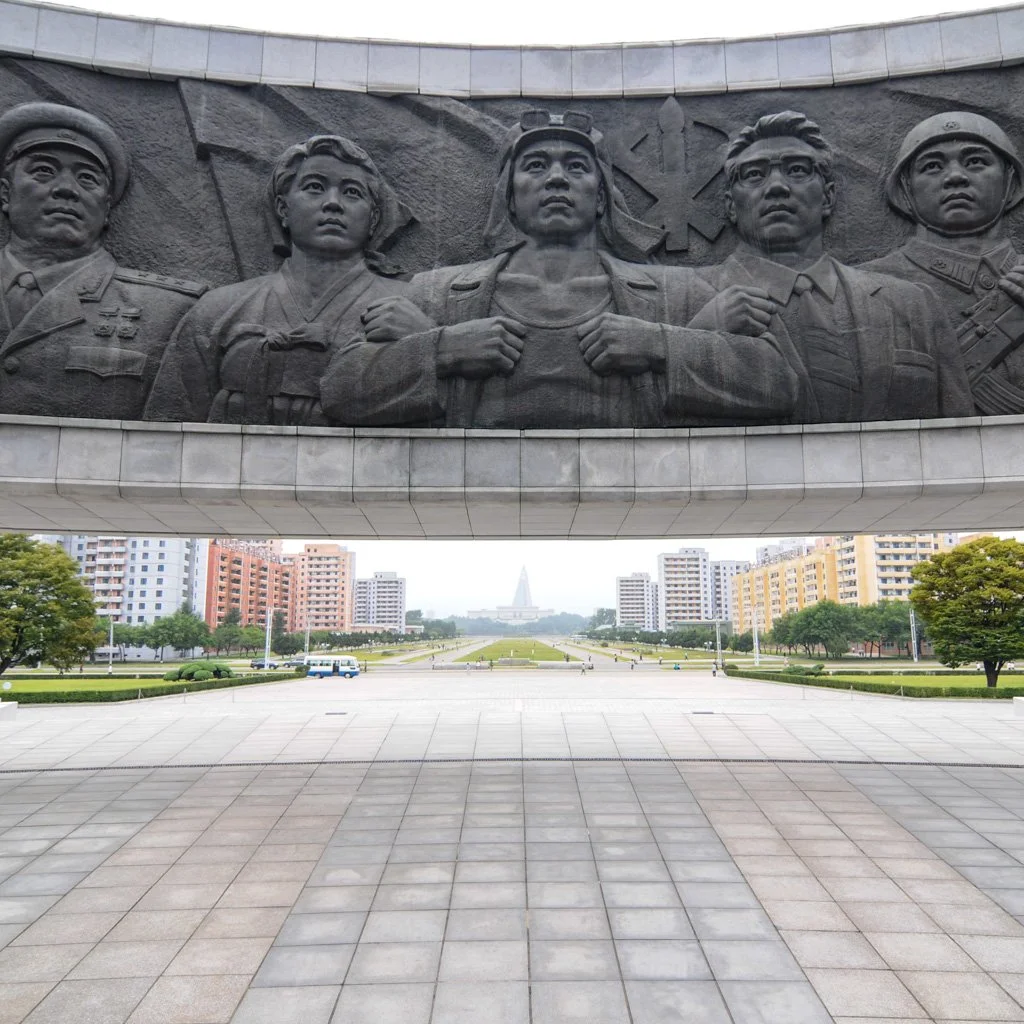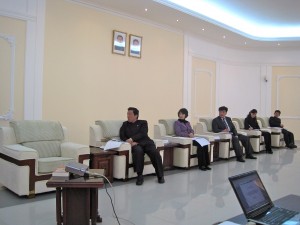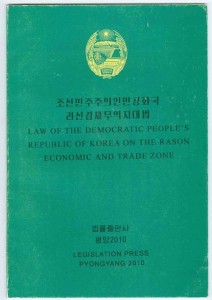Expect fireworks next week in North Korea: both of the ancient Chinese gunpowder and the ballistic missile sort. The former was always going to happen. Was the latter also inevitable? Does it mean military-first is the guiding principle of the new government? It certainly struck people as strange the way North Korea accepted an aid deal with the United States on February 29th, only to announce a few weeks later that it was going to launch a satellite on or around Kim Il Sung’s birthday celebrations. This was seen as a violation of the spirit of the deal, if not the letter, which appears to have left a loophole regarding satellite launches.
Satellite or missile – the technology is basically the same – it is certainly readable as a military provocation and it broke the already cynical hearts of people who saw the ‘leap-day deal’ as a small step in the right direction for US-DPRK relations. It also appears at first glance to run counter to what I’ve argued elsewhere, which is that economic issues are coming to the fore, while military first will begin taking a lesser role in organizing society.
The most likely explanation is that both the deal and the satellite launch are parts of a long term strategy, but one that not everyone in Pyongyang’s policy circles was privy to. Moreover, it looks like the timeline was supposed to be different. The aid-for-moratorium package might have been decided in late December, but then Kim Jong Il died and negotiations got pushed back.
What kind of debate took place in Pyongyang about adjusting the plan, given the compressed timeline for accepting the deal and announcing the satellite launch, is impossible to know. The harder line was probably the easier to take, but whatever options were laid out, the domestic value of a big rocket launch won out. That is perhaps key to understanding what’s happening right now: the satellite test isn’t about us.
At least not primarily. The countries that can produce space-faring ballistic technology form an elite club. More than anything, this display of technological prowess is designed to link Kim Jong Un to an image of strength and independence. It will instill pride in national accomplishments on North Korea’s biggest day of celebration since….ever. (Liberation might be a contender, not much of one.)
So while North Korea’s legal revisions, newfound attention paid to SEZs and domestic media campaigns all point to an increased interest in economic issues, this doesn’t mean that suddenly the military is unimportant. It is one half of the ‘great and prosperous nation’ North Koreans have been hearing about and is the half that Pyongyang can really point to and say ‘we’ve got this - this part we know how to do’. At the risk of being obvious, the military bureaucracy in general and national defence specifically are too significant in this time of transition to be radically altered.
The new generation of leadership is working on finding the balance between revering Kim Jong Il’s methods and finding its own. So while Kim Jong Un has visited several military sites this spring, the first major event after Kim Jong Il’s death was a rally focused on economic growth. Check out these compelling pictures of the event taken by Xinhua. Note catchy phrases such as ‘light industry first-ism’ and ‘constructing an economic power: the people’s lives upward’.
This long-term quest to find a new governance style also gives birth to articles such as this one that makes the claim “Songun Political Method is Driving Economic Construction”, while not actually establishing any real link between the two.
Whatever drove construction of the Huichon Power Station (referenced in the Songun article), those of us with an interest in seeing progress in North Korean economic development hope that it functions well and helps more North Koreans experience a more comfortable life. It is also not too much to hope that after the launch, all parties find a way to return to dialogue and compromise, rather than spiraling towards greater confrontation.













